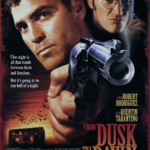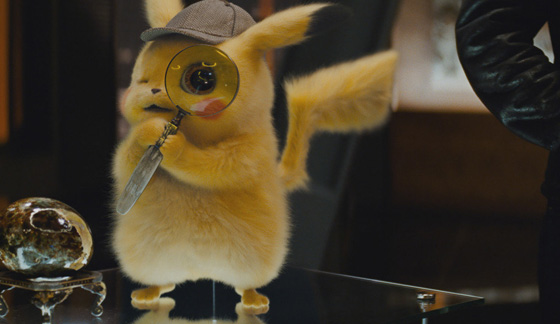It’s not uncommon to see a game with a huge focus on microtransactions, after all that is now what many games strive toward by offering a title for either a lower cost or free and padding the rest of the expense with cosmetic microtransactions that impact the way you look to other players, but some take it a little further than that. There are games you’d expect to come with consistent payment requirements like these casino options at the best casinos but expecting the same from a new game focussed on a younger audience is a different matter entirely.
The game is a multiplayer online battle arena styled game, much like popular esports titles League of Legends and DotA2, but with the style and theme it is certainly aimed towards a much younger player base. These genres typically do have a number of different monetisation strategies in place, but no more than two or three, and usually are either cosmetics, battle pass systems, gacha pulls (like a slot machine), character purchases (very standard), or gameplay boosting items. Rather than just having a combination of a couple, Unite features all of these options.
Currently the progression system to unlock characters is considered very slow taking months to unlock a single playable character, making it almost necessary to purchase with a real transaction instead, and will become particularly troublesome if the developers decide to release more characters at a later date. The gameplay boosting items are a problem too, pay-to-win is a method some games use to encourage what are known as whales to spend big, and with systems that encourage you to spend more for stat boosts it could lead to a younger more pliable audience making big deposits in order to gain stat boosts that give a very real advantage in game.
It isn’t so much a problem with this singular title however, as it has become a standard practice across all gaming and something that is growing in concern as there are often big paywalls that prevent certain players from reaching a certain level within the game – items or systems that are tied behind long gameplay is one thing, but with huge benefits only being available to those willing to spend a huge amount of money is another thing entirely. Over time these features will likely start to change and either become better or worse, but there are many warnings starting to appear for players particularly at risk to avoid the title until changes are made and made a little more sustainable, but more often than not money will talk and those who have already spent considerably on the game will continue to push the game forward, even with predatory monetisation techniques.




